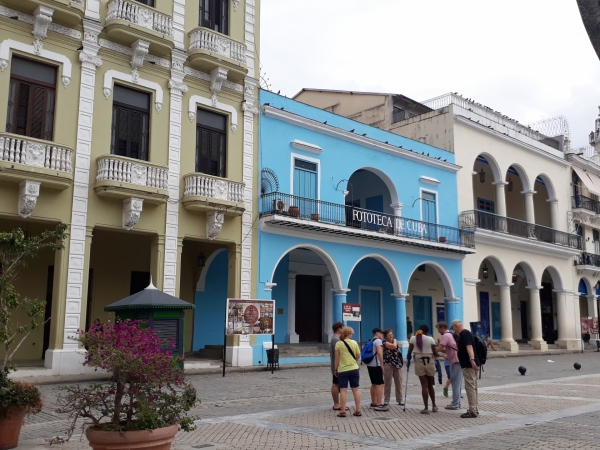
Jose Rodolfo Hernandez-Carrion
The main objective of this research is to gain a better understanding of the new ‘sharing economy’ phenomenon and its situation in Cuba, as this is a key element for the 21st century societies. Research on sharing economy for sustainability in accordance with UN Sustainable Development Goals was the main purpose or task, the results would be able to be transferred to whatever country later. If we focus on the economy, some people call this new phenomenon of ‘sharing economy’ with different names as digital economy, gig economy, platform economy, access economy, or collaborative consumption. The emergence of peer-to-peer digital platforms, today known as ‘the sharing economy’, has enabled individuals to make use of under-utilized inventory via fee-based sharing, away of obtaining, giving, or sharing access to goods and services. The sharing economy creates new potential sources of revenue and profit by expanding markets (new customers who cannot afford to own a product or do not have sufficient need to do so) and increasing willingness to pay more (consumers would invest or be willing to pay higher prices for goods that could generate are venue stream by being shared). This is a challenge which is faced by the private sector which focus more in competition and efficiency; even if there is a new room too, ready to be explored by local and global governments, that one of public goods and improving public sector management. Internet and digital platforms are still a challenge for the economy of Cuba but sharing economy has many possibilities in this country with need of transformation in order to provide better access to goods and services and to democratize the economy.
